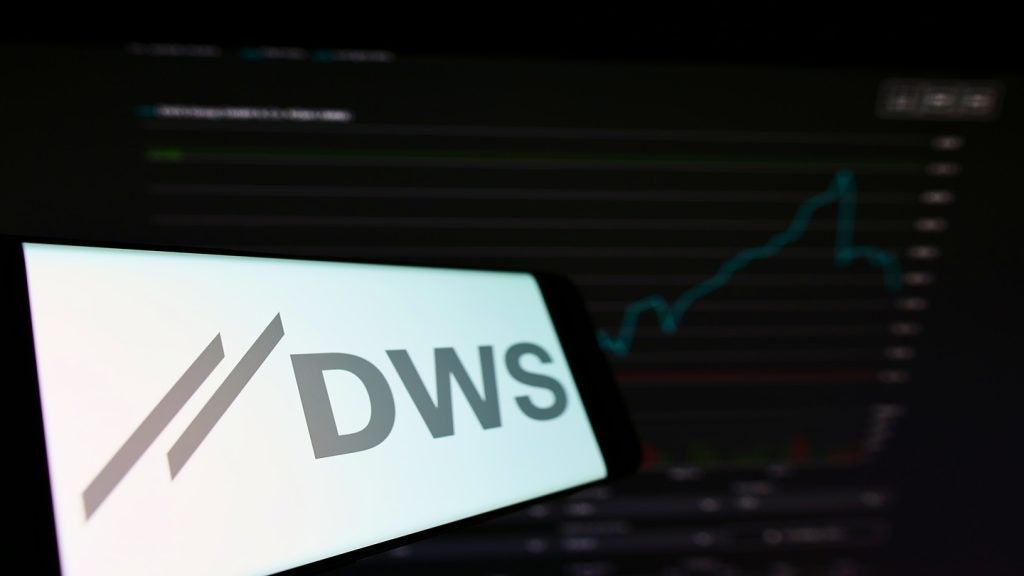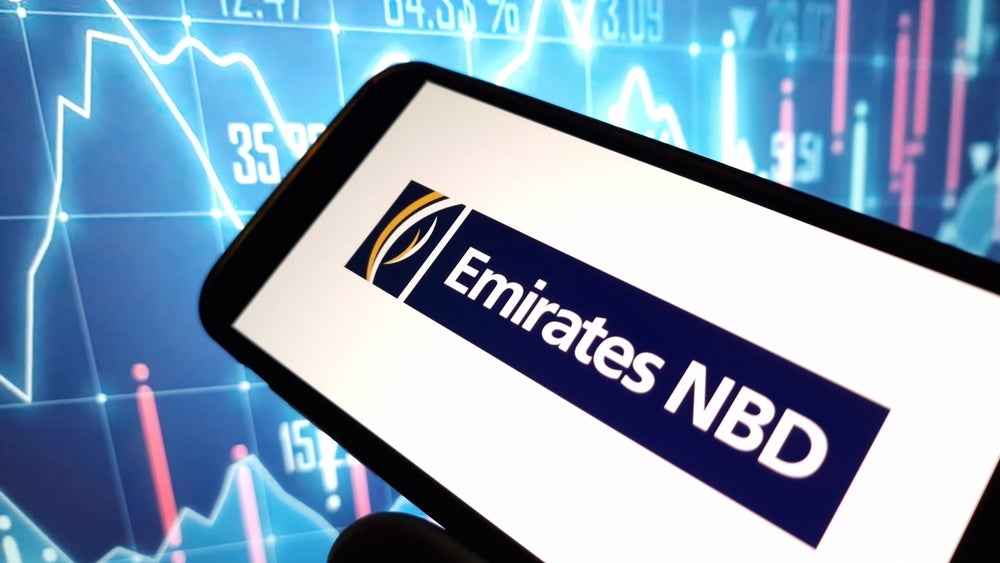In what ways will the US election impact the wealthy community? Oliver Williams, head and founding member of WealthInsight, tries to understand how some of the campaign pledges and market reactions that followed Trump’s victory will affect HNWIs, both domestic and international
The election of an HNWI – a billionaire no less – to the US Presidency is likely to have resounding effects for his ilk around the world. Though with a lack of any clear policies few know exactly how a Trump administration will affect HNWIs. The purpose of this article is therefore to understand how some of the campaign pledges and market reactions that followed Trump’s victory in the US presidential elections will affect HNWIs, both domestic and international.
Domestic
Millionaires to pay less tax
One of the few concrete policies garnered from the Trump campaign surrounds tax: President Trump would seek to collapse the current seven tax brackets to just three, with the top tier ($225,000 and above) paying 33%. For HNWIs, this is huge as most will currently be paying 39.6% with the top tier of $415.051 and above. Lily Batchelder, a visiting fellow at the Tax Policy Center estimates that an HNWI will have an average tax cut of $317,000.
The party maybe over for tech billionaires
Since the first day of trading under a Tump president-elect, FANG stocks (Facebook, Amazon, Netflix and Google) have spiralled ever downwards, dragging with them a horde of other tech stocks. Fears that Mr Trump’s policies on trade and immigration will hurt Silicon Valley were twinned with distrust when fake news became a headline story. Google admitted that its algorithm had given top placement to a blog that inaccurately claimed Trump had won the popular vote when ballots were still being counted and Facebook has been under mounting pressure to wean out the hoax articles that many believe swung the election in Trump’s favour. Other tech firms were astonished to see a Trump victory after their algorithms predicted the opposite, including Mrs Clinton’s very own ‘Ada’.
The ‘disruption’ with which many tech firms suppress other industries has been another bane of Mr Trump’s campaign. With his campaign’s emphasis on traditional industries like mining and manufacturing, Mr Trump appeals to those who have suffered as a result of automation while attacking the billionaires who instigated it. Jeff Bezos, founder of Amazon, came under the Trump spotlight for his control of The Washington Post and “getting away with murder tax-wise”. Apple’s CEO Tim Cook also received a scathing attack from Mr Trump when he refused to weaken the encryption on Apple’s iPhone following the San Bernardino shooting: “I would come down so hard on [Apple chief executive Tim Cook] his head would be spinning all of the way back to Silicon Valley”, Mr Trump said in an interview with Bloomberg in February.
…But it could be a gold rush for energy entrepreneurs
While tech stocks have tumbled since November 8th the very opposite happened for energy stocks. Oil, gas and coal have seen stocks soar and the knock on effects have been huge for the exploration, servicing and downstream firms that proliferate from them. Mr Trump’s pledge to “unleash America's $50 trillion in untapped shale, oil, and natural gas reserves, plus hundreds of years in clean coal reserves”, has aided these price rises, but so too has his scepticism towards global warming.
This could be the start of another boom for energy entrepreneurs from Houston to Anchorage. However, it will not extend far beyond that as Mr Trump has threatened to block oil imports from Saudi Arabia and unwind Iran’s nuclear agreement with renewed US sanctions on its oil exports. HNWIs in the energy sector will therefore grow their wealth at the expense of those in the Middle East.
International
End of an era for Chinese HNWIs
In recent years, China’s millionaire population has grown at a faster rate than anywhere on the globe. On pre-election trajectories, by the year 2025, Asia will have as many ultra-HNWIs (individuals with a net worth of over US$30m) as North America, with most of the growth coming from China and the US. However, that could all change if a President Trump puts the breaks on free trade by implementing import tariffs. Three of Trump’s “7 Point Plan To Rebuild the American Economy by Fighting for Free Trade” negatively apply to China. Since the US is China’s largest export market, these trade restrictions will directly hit the pockets of China’s wealthy. The majority of China’s millionaires have made their wealth from exports: 45% of Chinese millionaires owe their wealth to basic materials, telecoms and manufacturing, all export heavy industries which would immediately suffer from US import tariffs. Manufacturing particularly irks Mr Trump: “Almost half of our entire manufacturing trade deficit in goods with the world is the result of trade with China”.
Revival of the Russian Oligarchy?
US sanctions against Russia have directly targeted many of its oligarchs. And those not on the US blacklist have seen their wealth tumble alongside the country’s currency. From Mr Trump’s campaigning, however, it is evident that he favours warmer relations with Moscow. Many are hopeful those relations will result in a slackening of sanctions. One sanctioned HNWI, Sergei Glazyev, an advisor of Vladimir Putin, said “There will undoubtedly be a reset [of relations]”. Mr Trump himself has been quoted as saying he would “look at” lifting sanctions.
Offshore financial centres could see the largest cash withdrawal in history
Apple currently holds $230billion in a myriad of offshore structures. However, in 2017 that could all change according to its CEO, Tim Cook. Trump has promised to slash the tax on repatriated cash to 10% from 35%, a move that will see Apple and other companies bring back overseas earnings that have for years sat in offshore accounts. (The top five overseas cash holders are Apple, Microsoft, Alphabet, Cisco and Oracle.)
While beneficial to global giants based in the US such as Apple, it could see the largest withdrawal of cash from offshore financial centres as an estimated $2.5trillion is bought home. This is likely to hurt low tax jurisdictions such as Ireland, the Cayman Islands, jersey, Luxembourg and Singapore, where many US corporations host their overseas operations. A 2014 CTJ study found that US corporations “collectively report earning profits in Bermuda and the Cayman Islands that are 16 times the gross domestic products of each of those countries, which is clearly impossible.”






